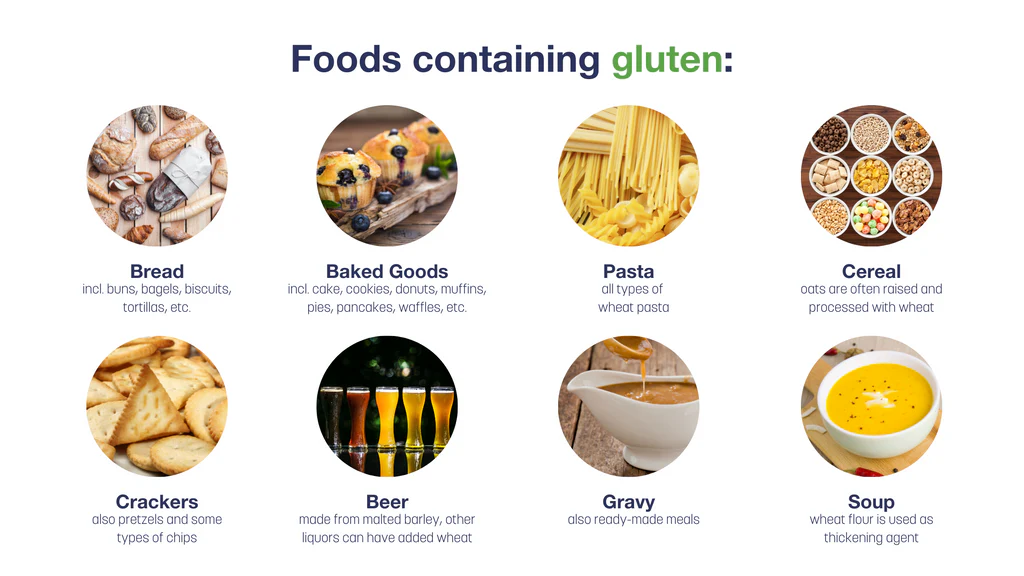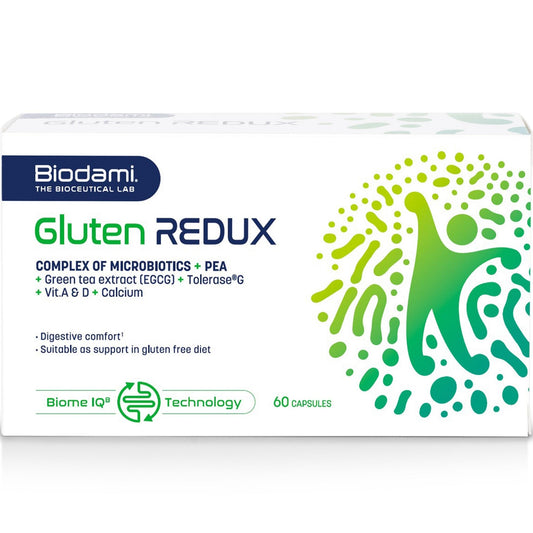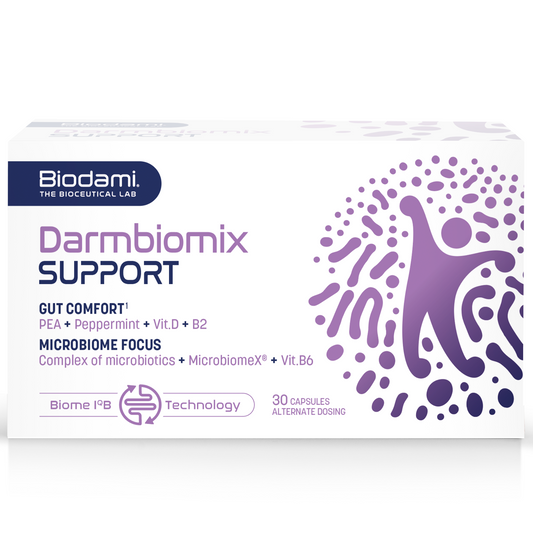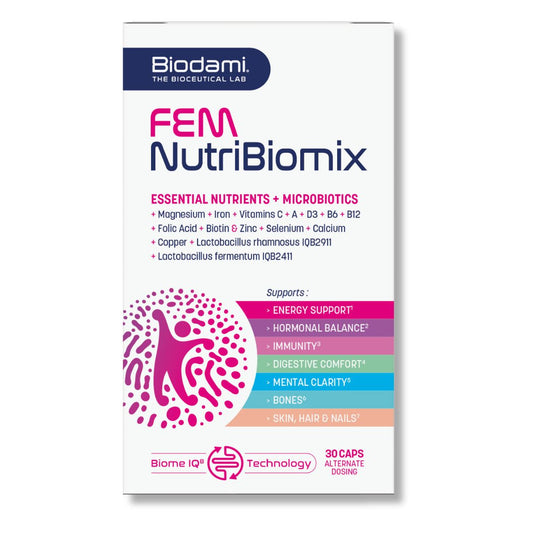Gluten intolerance or gluten sensitivity sensitivity - officially known as Non Celiac Gluten Sensitivity (NCGS) (read more here) is characterized by negative reactions to gluten, a protein found in wheat, barley, and rye. In recent years, there has been a significant increase in the number of people diagnosed with gluten intolerance. This blog post will explore some of the possible reasons why gluten intolerance is becoming more common.

One possible explanation for the increase in gluten intolerance is the modern diet. Over the past few decades, there has been a significant shift in our eating habits. Processed foods, high in unhealthy sugars and fats, have become increasingly popular. These foods often contain wheat, barley, or rye as a thickener, stabilizer, or flavor enhancer. As a result, many people are consuming more gluten than ever before, which can trigger gluten intolerance.
Additionally, the modern diet is also characterized by consuming less natural and whole foods. This can lead to an imbalance in the gut microbiota, which plays a crucial role in digesting gluten. The imbalance can lead to inflammation and other gastrointestinal symptoms, leading to the development of gluten intolerance [1].
Another theory is that changes in how wheat is grown and processed may contribute to the increase in gluten intolerance. Modern varieties of wheat have been selected to be higher in gluten, making them more elastic and better suited for bread-making. However, this also makes them more difficult to digest for some people. Additionally, many wheat-based products are now heavily refined, removing many of the nutrients and fibers that aid in digestion.
Furthermore, the use of pesticides and other chemicals in modern wheat farming can also contribute to the increase in gluten intolerance. These chemicals can damage the intestinal lining, leading to inflammation and other adverse effects [2].
Finally, it is possible that the increase in gluten intolerance is due to increased awareness and testing. As more and more people become aware of the symptoms of gluten intolerance, they are more likely to seek a diagnosis though difficult to fully diagnose.
Moreover, there is a growing interest in gluten-free diets, both in the general population and among athletes and health enthusiasts. This has led to an increase in the number of people eliminating gluten from their diets, even if they do not have a diagnosed intolerance. This trend may contribute to the perception that gluten intolerance is becoming more common [3].

In conclusion, the increase in gluten intolerance is likely due to a combination of factors, including changes in the modern diet, changes in wheat, and increased awareness and testing. While gluten intolerance can be a challenging condition to live with, there are now many alternatives available for those who cannot consume gluten. By understanding the causes of gluten intolerance, we can work towards its prevention and improving the lives of those who suffer from it.
Recommended For You
Sophie Cochez
Sophie is a biologist with a master’s degree in medical biology and additional training in microbiome science. Passionate about translating scientific knowledge into meaningful solutions, she founded Biodami to develop innovative, evidence-based supplements that support the microbiome and empower people to feel their best
References
Catassi C, Elli L, Bonaz B, Bouma G, Carroccio A, Castillejo G, et al. Diagnosis of Non-Celiac Gluten Sensitivity (NCGS): The Salerno Experts’ Criteria. Nutrients. 2015;7(6):4966–77.
Sapone A, Bai JC, Ciacci C, Dolinsek J, Green PH, Hadjivassiliou M, et al. Spectrum of gluten-related disorders: consensus on new nomenclature and classification. BMC Med. 2012;10:13.
Biesiekierski JR, Peters SL, Newnham ED, Rosella O, Muir JG, Gibson PR. No effects of gluten in patients with self-reported non-celiac gluten sensitivity after dietary reduction of fermentable, poorly absorbed, short-chain carbohydrates. Gastroenterology. 2013;145(2):320–8.e1–3.
FIND OUT HOW THIS PRODUCT CAN HELP YOU









